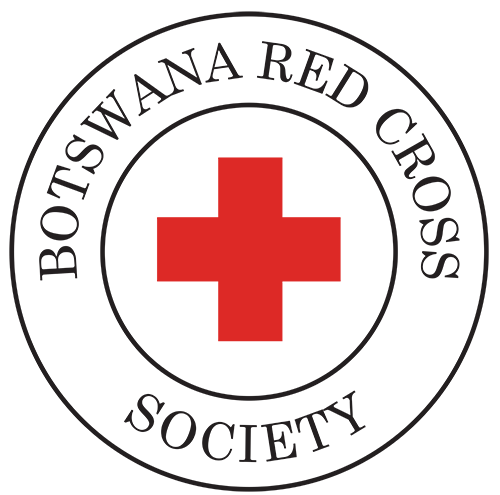What is Health & Care?

Programme Description
The Health and Care Programme, coordinates and manages all health and social care activities of the National Society.
It also provides technical guidance and advice to the National Society and continues to work closely with Ministry of Health and Wellness (MoHW) and other ministries to complement health and social services provided by the Government of Botswana. Through these programmes the Botswana Red Cross Society aims to reach those in need and improve the health of the most vulnerable communities through prevention, health promotion, service delivery and humanitarian diplomacy.The programme uses a Community based approach which focuses on community participation, capacity building for communities to effectively respond to health issues, and integration with other community development initiatives, such as water and sanitation to promote wellness and improve the Quality of life.Primary Components
The primary Components of the Health and Care programme are:
- Public Health (this includes novel and emerging diseases).
- Non-Renumerated blood donation
- Non-Communicable Diseases
- Social Care (OVC, Youth)
- Gender based Violence
- Water, Sanitation and Hygiene (WASH)
- Training and Capacity Building on Health and Social Issues
- Mental Health and Psychosocial Support (MHPSS)
- Ministry of Health and Wellness
- World Health Organization
- International Federation of the Red Cross.
Served Over
You Have the Power Today to Change Tomorrow!
It is a long established fact that a reader will be distracted by the readable content of a page when looking at its layout. The point of using Lorem Ipsum is that it has a more-or-less normal distribution of letters, as opposed1,432,805
Children in 190 countries in the world
63%
47%
52%
81%

